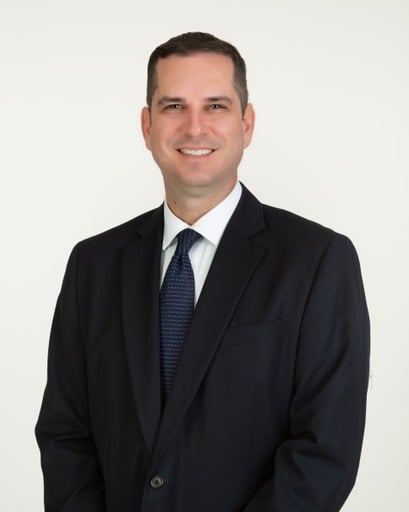Comment of the Day: Aretha Franklin's Will

Plan Today. Protect Tomorrow. Attend an Educational Estate-Planning Seminar

I’m going to take a small detour from my typical Chart of the Day to tell a short story of Aretha Franklin’s will.
Aretha died in 2018, and at that time it was thought she never made a will. By law, her estate would then be divided up equally between her four sons. Later though, not one, but two handwritten wills were found. One was even found underneath a cushion of her couch. Neither were prepared by an attorney nor followed traditional will formulas. One was done in 2010, and was notarized, while the other in the couch was handwritten in a notebook and only signed on the last page. Both were without witnesses, and of course the wills did not leave her estate equally, so that is where the story begins.
Litigation ended up costing her estate millions and tore her family apart. In the end, the jury decided to abide by the will found in the couch, since it was prepared last. However, there were valid arguments against it:
All of which were valid arguments, and any proven one could have derailed the entire will. In the end, all of this could have been avoided if she used an attorney to create and execute her documents.
The overall lesson is that although Aretha was a private person and was reluctant to share her information to an attorney, her plans backfired by having the details of her life and troubles published in the news for years, and sadly, no one will ever be 100% sure if her true wishes were followed.

Samuel serves as Senior Vice President, Chief Investment Officer for the Crews family of banks. He manages the individual investment holdings of his clients, including individuals, families, foundations, and institutions throughout the State of Florida. Samuel has been involved in banking since 1996 and has more than 20 years experience working in wealth management.
Investments are not a deposit or other obligation of, or guaranteed by, the bank, are not FDIC insured, not insured by any federal government agency, and are subject to investment risks, including possible loss of principal.

